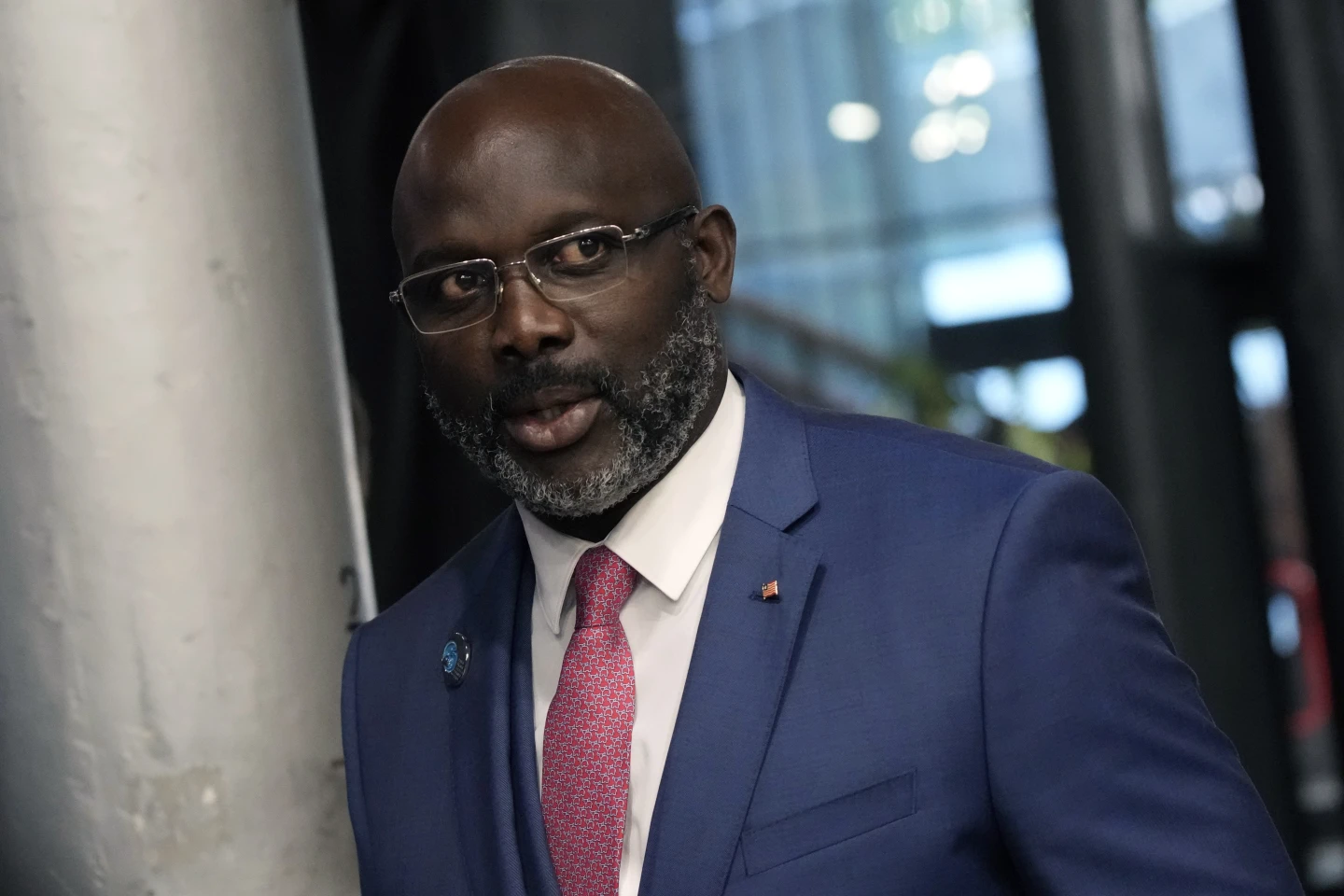- Featured
- No Comment
Unlike recent trends in West Africa, Liberia had a pretty clean election

By News 24
- Liberia went to the polls on Tuesday, in what is now largely hailed as a peaceful, free, and fair election.
- Liberians have been urged to be calm as the counting of votes continues.
- Successful elections would be a boost for Liberia, a country that saw more than 250 000 deaths after two civil wars between 1989 and 2003.
West Africa has had a spate of coups. But, finally, it has democratic good news: a clean election in Liberia.
The polls on Tuesday were conducted in a free and fair environment, the African Union (AU) and Economic Community of West African States (ECOWAS) observer missions said in a joint statement.
In the last three years, in Liberia’s surrounding neighbourhood, there have been coups in Niger (twice), Mali, Guinea, Burkina Faso (twice), Gabon, and Sierra Leone.
Phumzile Mlambo-Ngcuka, South Africa’s former deputy president and member of the AU Panel of the Wise, is leading the AU Election Observer Mission (EOM).
In her preliminary statement, she said: “In spite of the heightened political atmosphere, the political environment was generally peaceful, with minimal violence during the campaign period”.
In the days leading to the general elections, the polarised media environment was used by political actors to spread propaganda, disinformation, and misinformation as sociopolitical tensions were heightened.
Prior to the elections, all political parties signed up to the Revised Farmington River Declaration 2023, a document binding them to peaceful campaigns and conduct that falls within the laws.
Mlambo-Ngcuka said the declaration helped tone down political violence experienced during the run-up to the polls.
“The declaration served as a check on their behaviour and helped reduce the tension in the elections,” she said.
Most of the resources needed to run the elections were raised locally with minimal funding and external assistance. Foreign interference was not a concern for parties in the polls.
The final results are yet to be announced.
George Weah, 1996 World Footballer of the Year, is seeking a second six-year presidential term. His main rival is 78-year-old former deputy president Joseph Boakai who served under Ellen Johnson Sirleaf, the first elected female African president in 2005, and in 2012.
Fifteen senators and 73 members of the House of Representatives were up for election.
According to the National Elections Commission (NEC), there were 2.4 million eligible voters.
The joint AU-ECOWAS observer mission noted that the major challenge was that the elections were conducted during the rainy season. Some election material failed to reach remote parts of the country on time and some of it was destroyed.
READ | Liberia could, finally, give Africa a clean election – but not thanks to its institutions
There were also fears of security and storage of the materials but, “no major incidents were observed or reported to the Mission that may have compromised the integrity of the elections”.
First-past-the-post (FPTP) voting is used in Liberia for all elective seats, while a majoritarian, two-round system is used for the presidency.
A candidate for president must receive an absolute majority of legitimate votes cast which is 50% plus one vote – to be declared the victor in the first round.
A run-off would be placed on the second Tuesday after the announcement of the final results if no contender met this requirement.
The terms of the president, members of the legislature, and the senate are all six years long, with each term being renewable once.
Both observer missions called for calm ahead of the results announcement.
“The ECOWAS and AU appeal to the people of Liberia to exercise maximum patience and remain calm while awaiting the declaration of the final results,” they said in a statement.
A successful election would be a boost for Liberia, a country that saw more than 250 000 deaths from two civil wars between 1989 and 2003.
